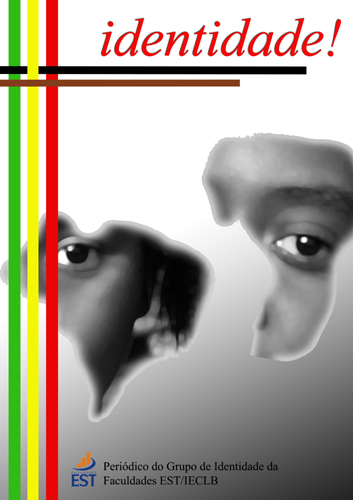EDUCATIONAL PRACTICES WITH BLACK PEOPLE IN COLONY BRAZIL
EVIDENCE, MATERIALITY AND SILENCING
DOI:
https://doi.org/10.22351/id.v28i2.2885Keywords:
History of Education, Education for black people, Colonial Brazil, Ratio StudiorumAbstract
From the perspective of the History of Education, this study aims to analyze educational practices aimed at black people during the Brazilian colonial period. The theoretical-methodological framework is anchored in studies of educational historiography in colonial Brazil in Gondra & Schueler (2008), Morais (2016) e Casimiro (2007); from the perspective of the History of Education from the perspective of black people through studies of Munduruku (2012); Gomes (2017) e Silva (2000); in the relationship between education and slavery in the period highlighted in research in Santos, Amorim e Nascimento (2017) and in the pedagogical assumptions established by the Jesuit Ratio Studiorum manual presented by Franca (2019).The research was permeated by the qualitative approach through bibliographical research, using a method of analysis the evidence method of Ginzburg (1989). Although educational regulatory frameworks in colonial times were drawn up according to Eurocentric standards in alignment with political and slave power in which the right to schooling was prohibited for the least favored, the results showed evidence of the existence, restricted and punctual, of access to Education via the materialization of educational practices aimed at black people at the time investigated. However, it also concludes that these educational processes exist materialized through silence, exploration and forgetfulness towards the research subjects.
Downloads
Published
How to Cite
Issue
Section
License

This work is licensed under a Creative Commons Attribution-NonCommercial-NoDerivatives 4.0 International License.


